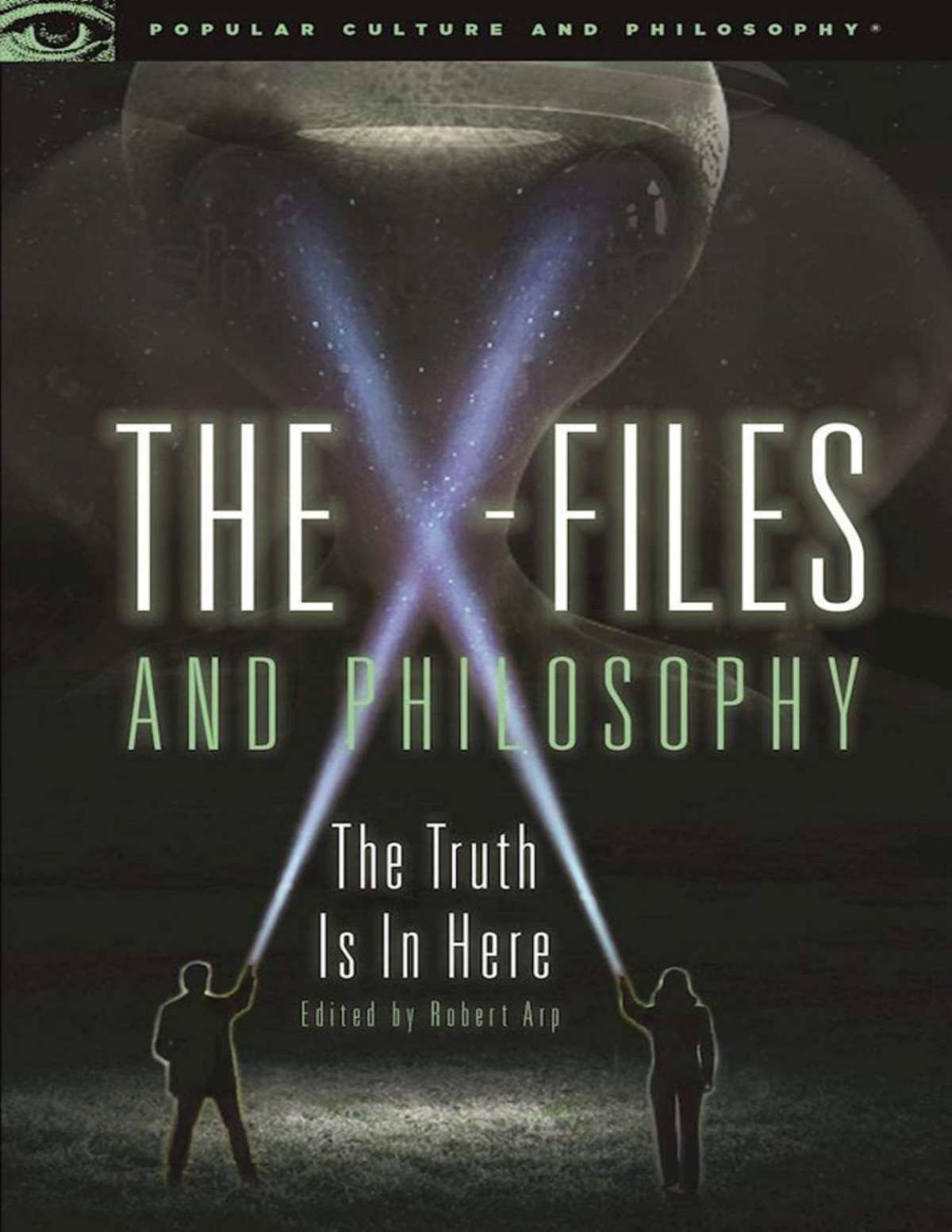

Most ebook files are in PDF format, so you can easily read them using various software such as Foxit Reader or directly on the Google Chrome browser.
Some ebook files are released by publishers in other formats such as .awz, .mobi, .epub, .fb2, etc. You may need to install specific software to read these formats on mobile/PC, such as Calibre.
Please read the tutorial at this link: https://ebookbell.com/faq
We offer FREE conversion to the popular formats you request; however, this may take some time. Therefore, right after payment, please email us, and we will try to provide the service as quickly as possible.
For some exceptional file formats or broken links (if any), please refrain from opening any disputes. Instead, email us first, and we will try to assist within a maximum of 6 hours.
EbookBell Team

4.0
76 reviewsIn The X-Files and Philosophy , thirty-six fearless philosophers seek for the truth which is out there, in here, at least somewhere, or (as the postmodernists claim) nowhere. One big issue is whether the weird and unexplained happenings, including the existence of entities unknown to traditional science, might really exist. And if they did, what would be the proper way to behave towards them? Some of these entities seem to flout conventional laws of nature—but perhaps we need to allow for different, as yet undiscovered, laws. If such fabulous entities really exist, what do we owe them? And if they don’t exist, why do we imagine they do?
In The X-Files , regular science is represented by Scully and usually turns out to be wrong, while open-minded credulity or pseudoscience is represented by Mulder and usually turns out to be right, or at least somehow on the right track. Scully demands objective, repeatable evidence, and she usually gets it, with Mulder’s help, in astounding and unwelcome ways. What lessons should we take from the finding of The X-Files that respectable science is nearly always wrong and outrageous speculative imagination nearly always right?
**